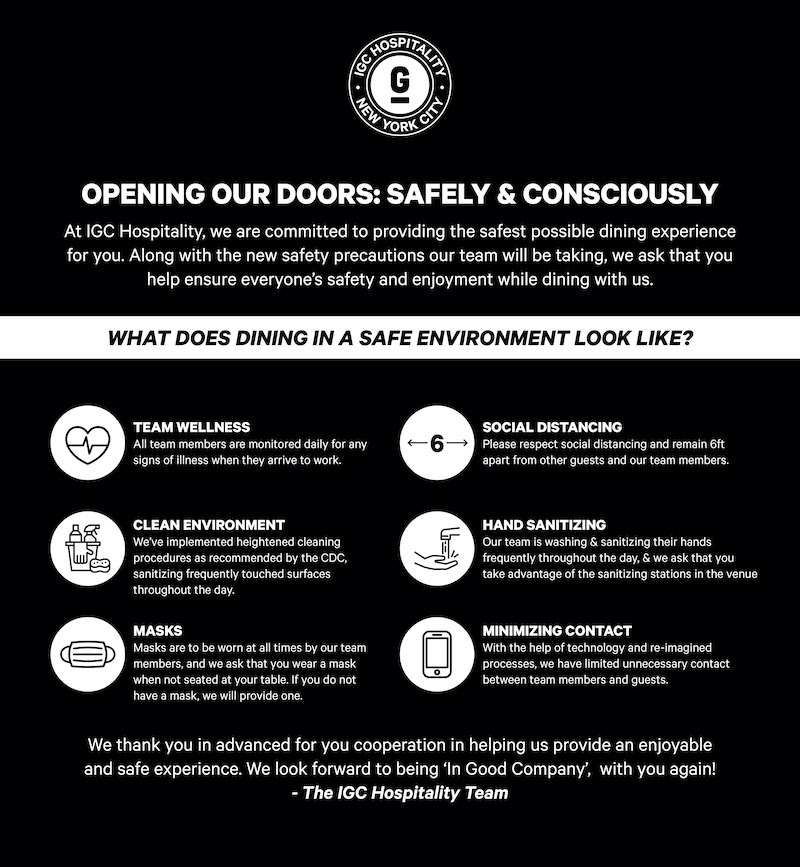The Increase of Education Platforms: Transforming Knowing in the Digital Age
In recent times, the landscape of education has undergone a profound change. At the heart of this change is the development of education platforms, which have actually revolutionized the way we gain access to and provide knowing. These systems are more than just digital tools; they stand for a standard change in education, driven by technical developments and the growing need for flexible, tailored understanding experiences.
Education systems incorporate a wide array of services and capabilities, from on-line courses and virtual classrooms to interactive simulations and collective devices. They deal with learners of all ages, backgrounds, and passions, giving access to a wide range of knowledge and resources previously inconceivable.
Understanding Education Platforms
Education systems are electronic environments that assist in the distribution and monitoring of educational web content. These platforms come in different types, each designed to resolve particular academic needs.
They can be extensively classified into Learning Administration Systems (LMS), Huge Open Online Courses (MOOCs), and specialized systems for niche topics.
An LMS is normally utilized by establishments to manage program products, evaluations, and trainee progress. It acts as a central center where teachers can submit sources and keep an eye on trainee performance. Instances include Blackboard and Moodle, which are commonly adopted in colleges and institutions worldwide.
MOOCs, on the various other hand, offer programs to a vast target market, frequently absolutely free or at an inexpensive. These systems, such as Coursera and edX, q&a resource for students partner with respected universities to provide high-grade material to thousands of students at the same time.
- Learning Administration Equipment (LMS)
- Enormous Open Online Courses (MOOCs)
- Specialized Educational Operating Systems
Although these systems have distinctive features, they share a common goal: to make education a lot more accessible, interactive, and learner-centered. They leverage technology to break down geographical obstacles and equip individuals to pursue lifelong understanding at their very own pace.
The Benefits of Education Operatings Systems
The popularity of education and learning platforms can be attributed to a myriad of advantages they offer both learners and educators. One of one of the most significant benefits is adaptability. Unlike conventional classroom setups, on-line platforms permit learners to gain access to content anytime, anywhere. This adaptability is particularly valuable for working specialists, parents, and individuals with differing timetables.
Another significant benefit is the capacity to personalize finding out experiences. Education platforms harness data and analytics to tailor web content to specific requirements and finding out styles. This tailored approach boosts pupil interaction and enhances learning results by addressing details locations of stamina and weak point.
Furthermore, education and learning systems typically incorporate interactive elements such as quizzes, discussions, and multimedia web content, making learning more interesting and dynamic. This interactivity fosters a deeper understanding of the product and motivates active participation from students.
Obstacles and Factors to consider
While education and learning platforms provide countless advantages, they are not without difficulties. Among the key issues is making certain equal access to modern technology and the internet. The digital divide remains a considerable obstacle for many students, specifically in remote or financially deprived areas.
- Making Sure Accessibility to Technology
- Maintaining Quality Requirements
- Attending To Privacy and Safety And Security Problems
Preserving the high quality of education and learning is one more obstacle encountered by these platforms. With the fast expansion of online programs, making certain that material is accurate, legitimate, and up-to-date is essential. In addition, teachers need to be properly educated to utilize these platforms efficiently and deliver appealing content.
Personal privacy and protection issues are also paramount, as individual information is accumulated and saved on these systems. Guarding this details and maintaining user count on are vital for the ongoing success of education systems.
The Future of Education Operatings Systems
The future of education and learning systems is promising, with ongoing developments in technology readied to even more improve their capabilities. Developments such as artificial intelligence, digital fact, and blockchain are positioned to revolutionize the way education is supplied and experienced.
Artificial intelligence can supply a lot more individualized understanding experiences by assessing data to predict and deal with private discovering demands. Online truth offers immersive understanding experiences, permitting students to discover settings and circumstances that would certainly otherwise be unattainable.
Conclusion: Enjoying Digital Change in Education
As education systems continue to progress, they hold the possible to equalize education and learning and equip students worldwide. By embracing digital change, educators and establishments can improve the top quality and reach of their offerings, preparing pupils for the difficulties of the modern-day globe.
To conclude, education and learning systems stand for a significant change in the educational standard, providing unmatched chances for learners to gain access to expertise and abilities. As these systems grow and adapt, they will most certainly play a critical duty fit the future of education.





